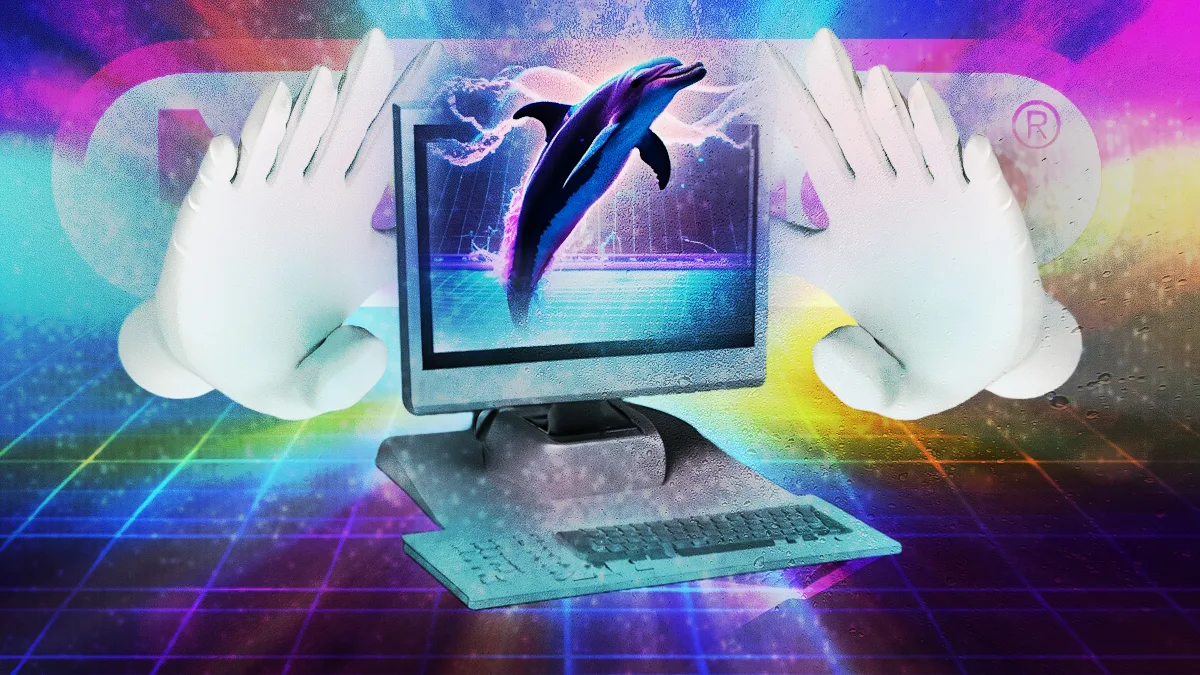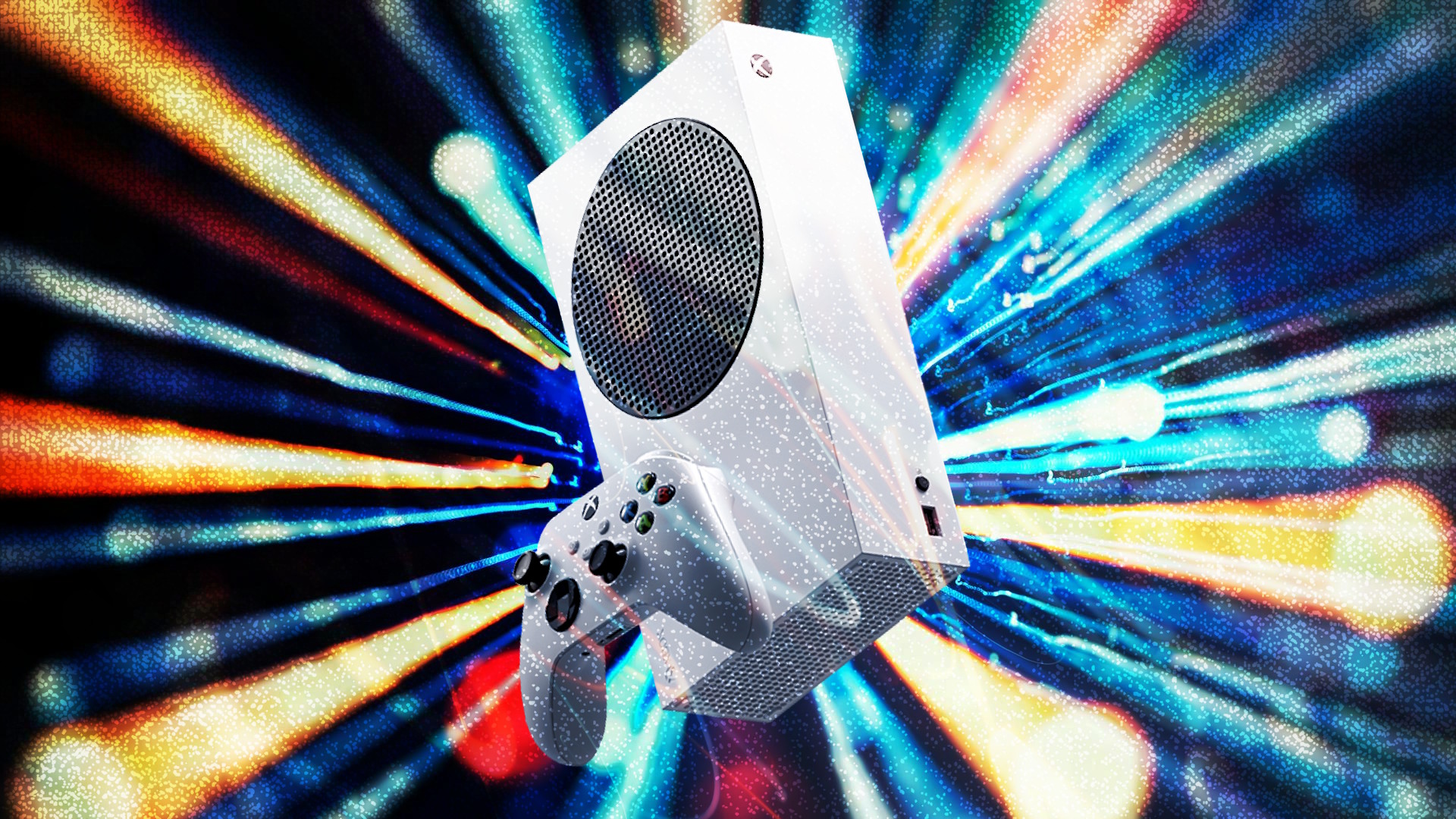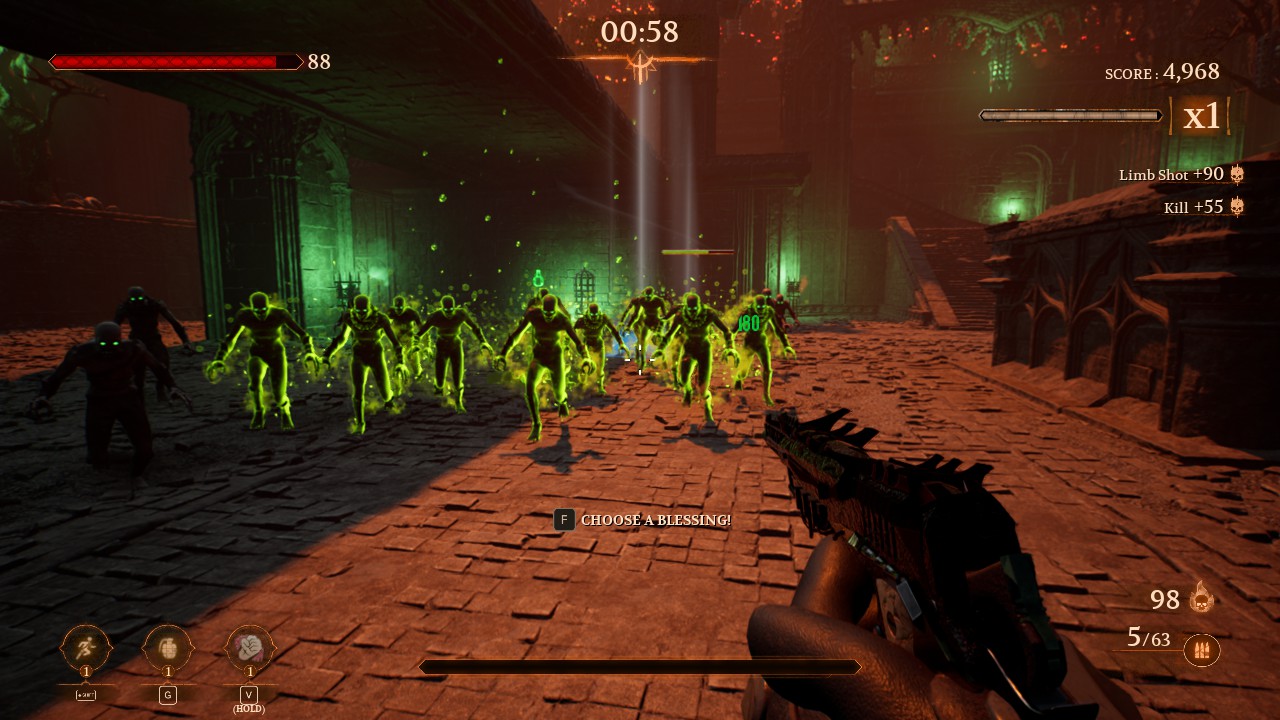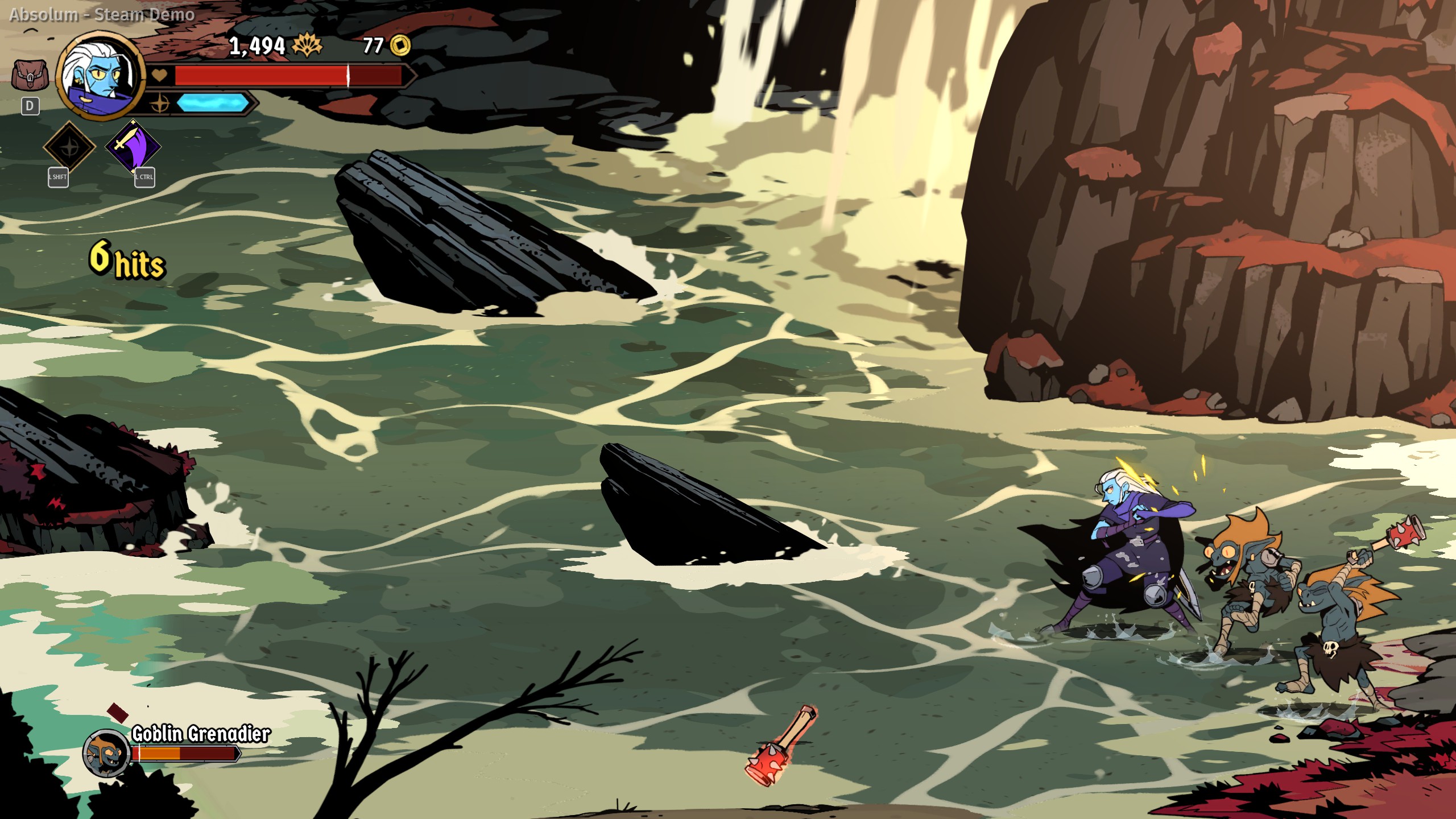It seems that almost every year or so, there’s at least one high profile instance involving a gaming company going after a small entity in a copyright dispute. However, more often than not, the company in question is almost always Nintendo. While other game makers do flex their legal muscle in relation to their IP every so often, Nintendo has without a doubt garnered a reputation for being the most ferocious of the bunch. They have a laundry list of instances of getting sites taken down and members of the public reigned before the courts. Nintendo is now hunting its next prey, Dolphin.
The latest development has to do with that of the Dolphin emulator, one of the most popular emulators out there, specializing in GameCube and Wii game playback. A few weeks ago, its creators made the bold move to announce that the emulator would be officially releasing on Steam. Now, those plans have been squashed as its Steam listing has been taken down by means of a cease and desist filing from Nintendo to Valve. This move has ignited yet another major upheaval of discussion surrounding the true ethics of emulation and of course, most fingers are pointed toward Nintendo for being the bad guy.
Setting the scene of Nintendo vs Dolphin
As stated, Nintendo’s blows against the emulation community are aplenty. The company leaves very little up for interpretation as to how it truly feels about it all. In addition to having a page on its official websites dedicated to explaining (from a legal standpoint) its strong stance against emulation, Nintendo also issued a statement on this very case with Dolphin’s Steam release. What makes this instance really stand out is that Dolphin has been available for about 20 years now and yet, this is the first time Nintendo has made a move directly against it.
So, why now? Kotaku reached out to the Big N for a comment and a spokesperson responded: “Nintendo is committed to protecting the hard work and creativity of video game engineers and developers.” In addition to this, the Nintendo spokesperson also said: “This emulator illegally circumvents Nintendo’s protection measures and runs illegal copies of games. Using illegal emulators or illegal copies of games harms development and ultimately stifles innovation. Nintendo respects the intellectual property rights of other companies, and in turn expects others to do the same.”
A thread from Pierre Bourdon, a former Dolphin head who had major roles on the emulator’s team for over 10 years, confirms that the Wii Common Key is within the emulator’s coding. This key is used to decrypt Wii discs, threatening its copyrighted material.
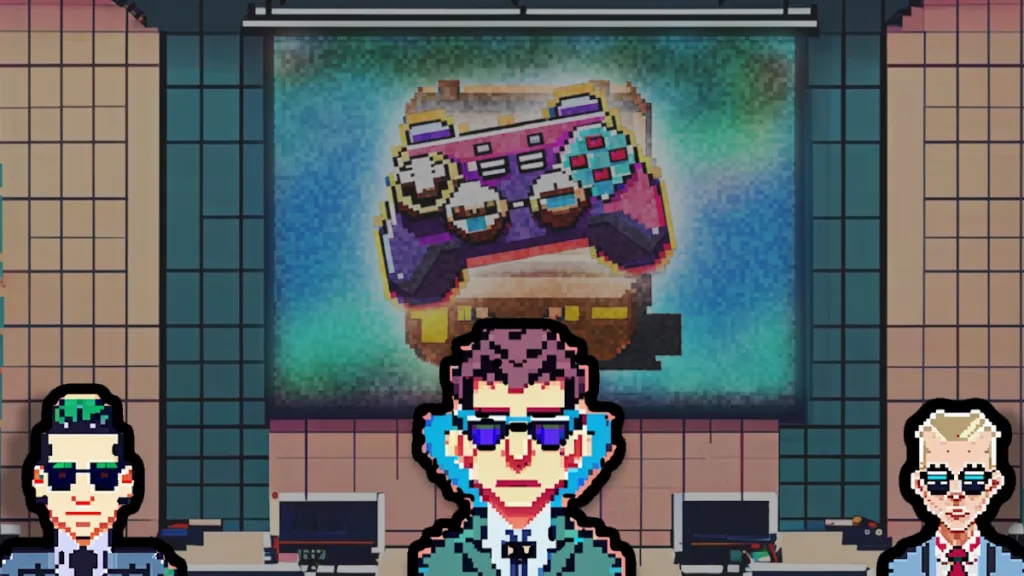
All things considered then, the question of ‘Why now?’ is still on the table. As to why the key is included in the emulator’s coding, Bourdon said: “Who knows!” As for whether or not Dolphin is at risk, Bourdon said: “I don’t think the project is more at risk than in the last 15 years.”
Bourdon then went onto explain that this whole situation between Nintendo, Dolphin and Valve seems to stem from Valve’s legal team outright asking Nintendo if releasing Dolphin on Steam would be okay. Only then did the Japanese game maker step in to flex its legal muscle and make the formal complaint to Valve. Valve did its due diligence, as from one major gaming company to another, while Valve has the ability to simply allow Dolphin on its storefront, it decided to take the easier path and honour Nintendo’s wishes.
Still, though, there’s the matter of what happens next.
The never-ending tale
For now, Nintendo seems to have stopped at simply shooting down the Steam release of Dolphin. The emulator is still fully available by other means, which is as easy as downloading any other piece of software. So, a Steam version should’ve been no different then, right? Well, not exactly.
Consider this, perhaps it’s the fact that Steam is such a popular service that if Nintendo ignored Valve’s petition, or even agreed to it, this would have set a precedent that the company was suddenly okay with emulation. Of course, this would cast a large shadow on all of the efforts that the company has recently made to combat against emulation, or really what the company has been targeting explicitly, piracy.
Yes, it’s true that emulation and piracy are not interchangeable terms or practices. Emulators are, in fact, legally protected, as long as they are wholly original works from their creators.
That is to say, any files obtained from the likes of any of the console makers must not be present within an emulators code. That’s why certain emulators require you to have a copy of system BIOS that you yourself obtained in order to properly function.
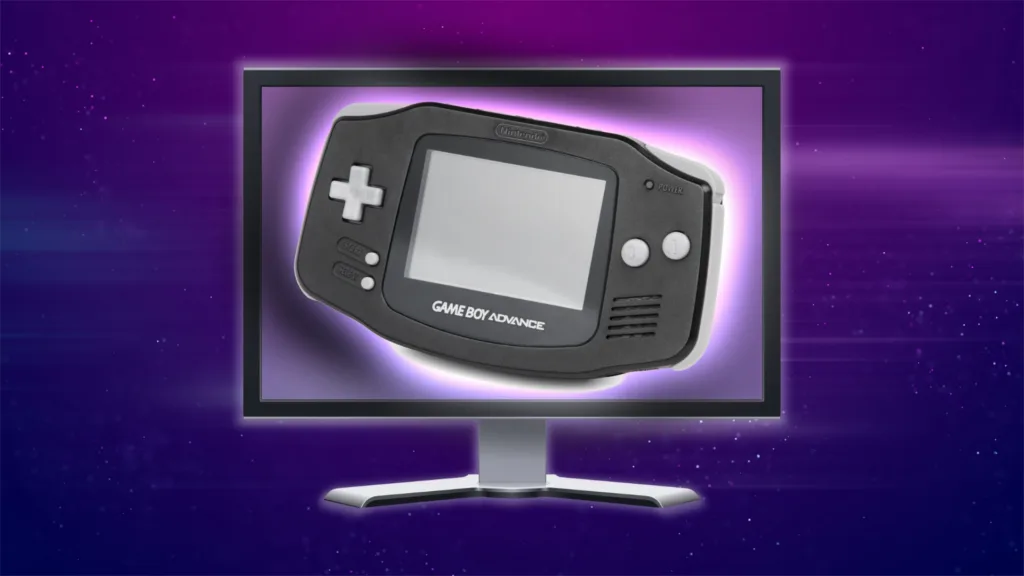
That said, all of this would work in a world that is completely just and efficient and we all know is not the case. A good number of their users have no care nor concern for trying to do things completely within the realm of legality. This is why just a few years ago, Nintendo successfully brought down sites like EmuParadise that hosted the main targets of the legal cases that Nintendo has launched against emulation communities: game ROMS/ISOs.
What good is an emulator without the game software its intended to run? Again, from a legal standpoint, an emulator itself is ‘okay’ when it’s created with original code. However, there’s nothing original from any emulator’s creators as it relates to the games and the files that contain their data. Users are ‘supposed’ to get these files by dumping them from legally obtained copies. But, again, we’re not dealing with a squeaky-clean world here. With game files available across the net and downloaded in droves, it’s this very part of the practice that Nintendo has used again and again to justify its crusade against emulation.
This all is a seemingly never-ending tale that keeps being fought along different lines, at different times and all being sparked by different situations.
With that being said, the general outcome repeats itself. The company in question manages to knock down another fort in the community’s arsenal, only for another to be constructed in its place and then the populace retreats to it. In this particular case with Dolphin’s Steam release, the main fort still stands; just a wing under construction has been demolished.
A losing battle?
Speaking of the community, why has it fought so feverishly over preserving its ‘right’ to emulate? Keyword: preserve/preservation—the very center of this entire debacle.
Emulators exist and are prevalent primarily for the use of playing older titles that are not readily accessible by the average consumer today. Sure, you can theoretically get your hand on nearly any system, and very arguably, ‘any’ of its released games, but the lengths and depths one must go to are often expensive and exhaustive. Especially as a given system ages, the likelihood of finding all the ‘right pieces’, as they are, becomes slimmer and slimmer with each passing year.
Eventually, all units of a given console will stop functioning, and as spare parts become rarer, the ability to revive them will eventually become a literal thing of the past. The same physical degradation applies to the games that those systems play; at some point, the last copy of a title will stop working.
In some aspects, there are already titles that have effectively been lost to time, despite gaming barely even being around for four decades at this point.
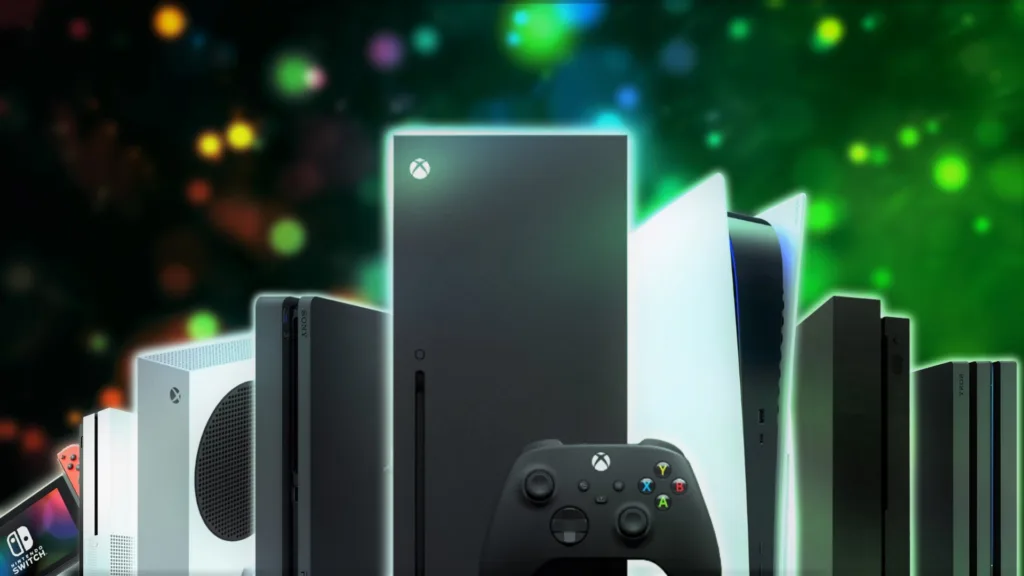
That right there is the real kicker. Gaming is still very young in the grand scheme of entertainment mediums, especially when compared to that of its most closely-related other mediums, film and music. There are still songs and videos from several decades ago that are preserved and accessible today, even in cases where it took great lengths to restore them.
Yet, games get lost to time, well, all the time. Especially in the last 10+ years where digital-only games have become more of a staple, there are thousands of titles that have been delisted, never to be played again in an ‘official’ capacity, minus the systems that still retain their files on their storage devices. Again, those will eventually fail.
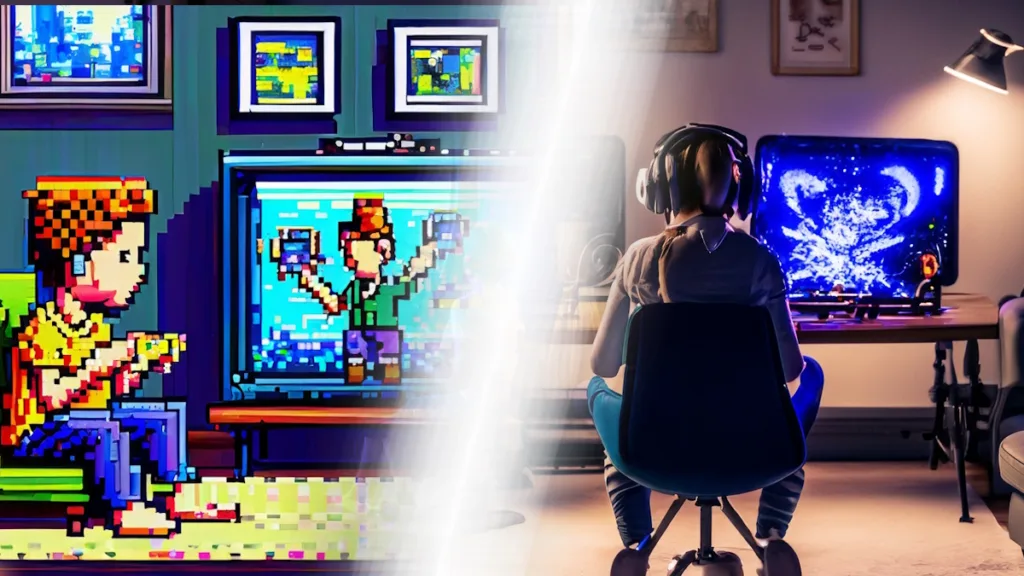
For all the fuss that Nintendo and some other gaming companies have generated with the constant battle over aging copyrights, the gaming industry as a whole has done a relatively poor job at preservation.
Sure, things have gotten better in recent times with their being quite a number of retro collections, ports, remasters and now the new industry darling, remakes. But, there are still so many games that have not been touched by their original creators’ hands in any meaningful capacity for several years.
So, as gamers of ages past have grown and want to relive memories and newcomers discover old gems, the ability to actually experience these titles grows more impossible.
Of course, there are also emulators and ROMs/ISOs for modern platforms and modern titles that are still readily available which is a completely different can of worms. However, as it relates to titles from even as recent as the GameCube era, which is exactly in Dolphin’s wheelhouse, playing some of them today is no easy feat.
It’s clear that the easiest way to fix many of these issues is just for gaming companies to do a better job at preserving their works. These companies have created emulators for this very purpose and have been able to distribute rereleases on modern platforms thanks to them. This applies to Nintendo, who are currently making use of in-house emulators to form the backbone of the Nintendo Switch Online service catalogue of retro titles. Clearly, these companies do understand how useful such projects are. The problem is, it’s not as cut and dry as it looks.
The solution is the problem and the problem is the solution
On one hand, while these major gaming companies do understand what’s at stake, actually going about and honouring every little request from the community has clearly not been their priority.
Microsoft has arguably made one of the bigger strides for backward compatibility with older platforms, offering Xbox Series users the ability to play both modern titles and even games from the three previous Xbox generations, almost seamlessly. The catch is, not every game is supported and the further back you go, the smaller the list of supported games.
It’s not really a surprise from a technological standpoint. As stated earlier, many films and songs have survived over the years, having been adapted to more and more modern formats. But, those are non-interactive pieces of media. They’re far more easier to copy and transform as needed. Games, on the other hand, are designed specifically to run on the machines of their time.
Even PC, a platform with the widest scope of backward compatibility, isn’t able to properly maintain a perfect record. If you try to run many programs that say, were designed for Windows 98 on a modern Windows 11 machine, you’ll likely encounter some nasty errors, or will flat out not run at all.
Software is just far more complex than fixed media. It’s ‘alive’, to an extent. The same way you can’t just uproot a plant from one climate and take it to another and just expect it to survive as before, you can’t run a piece of software in just any computer environment.
In Nintendo’s case, its managed to maintain direct backward compatibility across some of its systems, thanks to simply including the internals of its predecessor on the circuit board. The Wii has a GameCube within it, and the Wii U has a Wii within it, for instance. Not to mention all three of those systems actually use the same architecture, which also serves to explain how with some tinkering, even GameCube games still run fine on the Wii U at a hardware level.
However, this is not always possible. The Switch has a lot of games that were previously Wii U exclusive, but not because of emulation. Those games were properly ported. The jury is still out if Nintendo’s ominous next system will feature support for Switch titles, as many hope it will, but I digress.
What it all boils down to is that while it is possible to preserve a given game, the lengths needed do not always justify the means. Especially in the case of projects from defunct studios where no existing entity has picked up the needed rights for it, which there are many of. These titles are left sitting as they were left all those years ago.
It’s unfortunate that the platform holders themselves don’t (not saying they can’t) keep a repository of every released game for every system. If they legally can’t do anything with all of the titles, then there’s no use for expending the resources.
Until the next round
It’s clear that no one side has an easy part in the battle. As famous gaming YouTuber Spawn Wave put it neatly in his recent video on the matter, an argument could be made that Nintendo is playing both offensively and defensively. Again, Nintendo went as far as to smack down Dolphin’s release on Steam, but the emulator remains widely available. So, why not go for the whole tree instead of taking down just a branch?
Referencing Spawn’s thoughts, if Nintendo were to take this matter all the way to court and perhaps lose, then there’s a potential that a precedent could be set against its clear disdain for the emulation scene.
As for the Dolphin team itself, its clearly not trying to poke the bear, but neither is it really backing down. This is its closest brush with Nintendo yet and it remains to be seen if one day Nintendo finally stops just stalking the emulator’s team, and actually comes at it, claws out.
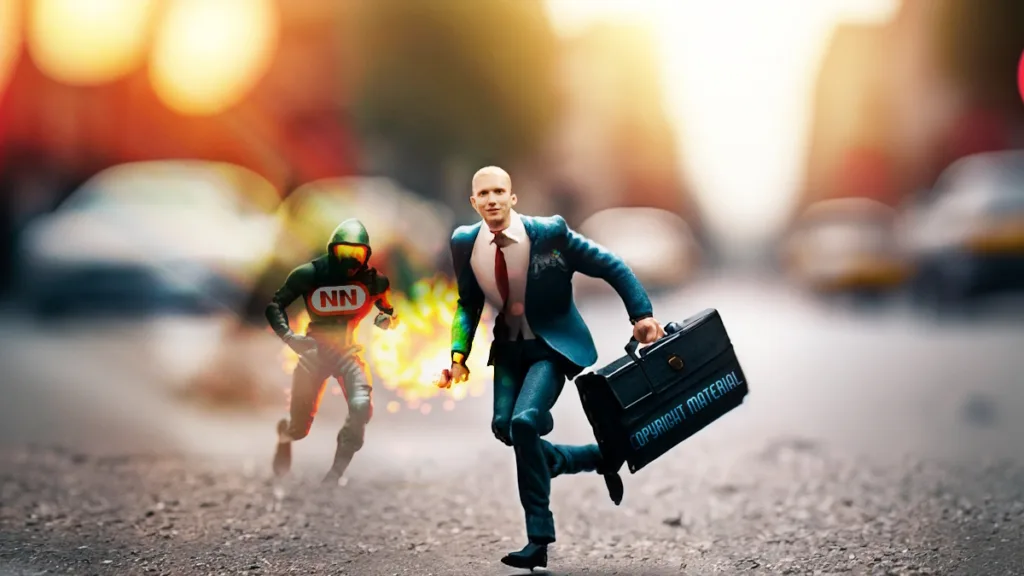
In the meantime, this seemingly never-ending discussion will continue for perhaps years to come. There’s no one good solution that could appease either side. Gamers want access to as much as they can, whenever they please, but companies want to be able to make money. If an avenue won’t be profitable, they won’t pursue it. While there clearly is a market for retro games, they can only go so far with keeping aging projects alive.
There is one, unshakeable fact, however. It’s the argument that Nintendo continues to lean on: copyright law doesn’t expire quickly. In most cases, copyright law remains in effect for nearly a century, a period of time that gaming isn’t anywhere close to, even with the oldest projects.
So, let’s properly revisit this whole argument in the 2060s.
The turbulent tales of “study level” Microsoft Flight Simulator add-ons | Even as a Wii U owner, Project Q for PS5 makes no sense to me | The Nintendo Switch almost shouldn’t have succeeded; what next?

